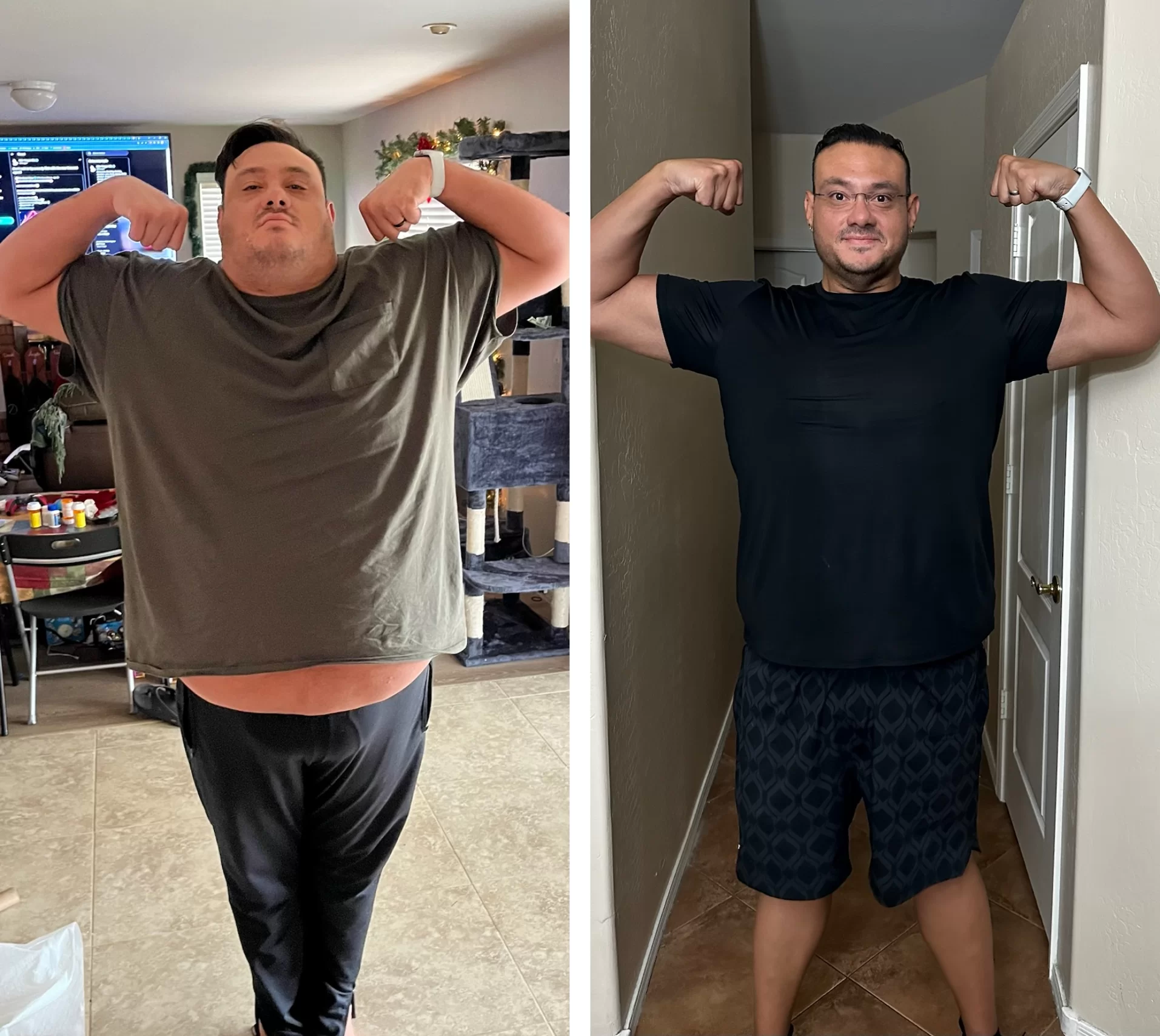If you’re a man over 40 experiencing physical side effects due to low testosterone, then you may have heard your physician mention testosterone replacement therapy (TRT). In recent years, TRT has proven to be an effective treatment option to help men increase their testosterone levels to mitigate their low testosterone symptoms Many men on TRT have raved about how the procedure has provided many physical benefits, such as increased muscle mass and reduced body fat, that have improved their overall health. Naturally, this has prompted many aging men to consider testosterone replacement therapy as a possible treatment for their low testosterone.
However, although testosterone replacement therapy can do wonders for an aging man’s physique and overall well-being, it is important to understand the risks and potential side effects accompanying the cutting-edge treatment. Just like any other medication, TRT isn’t a procedure that will work for everyone, and if you’re planning to jump into the TRT pool, it’s imperative to know how the treatment may affect your body and your safety.
When Should You Take Testosterone?
Typically, normal testosterone levels range between 300 and 950 nanograms per deciliter (ng/dl) in healthy men during their 20s. As men reach their 30s, it is natural for their testosterone levels to start declining by a yearly rate of 1% as they continue to get older. But once your testosterone production falls below 300 ng/dl, you may begin to exhibit symptoms of low testosterone such as:
- Low libido
- Reduced bone density
- Decreased muscle mass
- Impaired cognitive function
- Erectile dysfunction
If you’re diagnosed with low testosterone, your physician may suggest taking testosterone to help raise your testosterone levels and balance your hormones. To make sure your body is receiving the appropriate amount of testosterone, they may refer you to a hormone replacement clinic so you can undergo testosterone replacement therapy (TRT). With testosterone replacement therapy, a hormone specialist can help you determine the cause of testosterone deficiency and address the issue while providing various treatment plans to help raise your testosterone and balance your hormone levels. Many hormone replacement clinics offer testosterone therapy through gels, patches, and implants. However, most hormone specialists believe that the most effective way to incorporate testosterone into your body is through the bloodstream, which is usually best achieved through testosterone injections.
Are Testosterone Injections Safe for Men?
Although many question the safety of testosterone replacement therapy, testosterone injections are usually considered safe for most men. However, depending on your body’s response to treatment, there’s a chance that you may experience several side effects. Men who undergo testosterone replacement therapy have typically reported experiencing common side effects and allergic reactions, including:
- Dizziness
- Enlarged breast tissue
- Headaches
- Swelling of the hands, ankles, and feet
- Redness or bruising at the injection site
In rare cases, testosterone replacement therapy may cause more serious side effects such as:
- Nausea
- Severe abdomen pain
- Changes in urination
- Vomiting
- Yellow eyes or skin
If you experience any of these side effects, make sure to consult with your physician immediately so they can adjust the dosage to address these issues during your treatment.

What Are the Possible Risks of Testosterone Replacement Therapy?
Depending on your medical history, testosterone replacement may pose an increased risk for specific medical conditions, such as:
- Worsened sleep apnea
- Blood clots
- Heart attack and stroke
- Congestive heart failure
- Prostate cancer
Men with these pre-existing conditions will need to discuss their medical history and the risk of testosterone replacement therapy with their doctor before considering treatment. If your medical condition may be affected by testosterone injections, your physician may advise you to avoid testosterone replacement therapy and offer other alternatives to help you increase your testosterone.
When Is TRT Bad for You?
Due to the side effects and risks of testosterone replacement therapy, many people may ask themselves, “is TRT healthy for me?” Well, the answer to that question is somewhat of a mixed bag.
Normally, most men can experience many health benefits from undergoing testosterone treatment when provided with the appropriate amount of testosterone needed to boost their testosterone levels. However, TRT may also cause harm to your overall health if you take high doses of testosterone over a long period of time. High testosterone levels can also lead to unwanted symptoms, and medical conditions such as:
- Liver disease
- Low sperm count
- Insomnia
- High blood pressure
- Smaller testicles
For these reasons, your physician will monitor your testosterone during treatment to make sure that your testosterone levels don’t get too high. If your T levels become too elevated, your Doctor can immediately adjust the dosage or slow down treatment until your testosterone levels return to their normal parameters.
As previously mentioned, testosterone replacement therapy may also lead to an increased risk for pre-existing health conditions, so patients with previous medical complications such as active prostate cancer, sleep apnea, or heart disease should avoid using TRT.
Whether you participate in testosterone replacement therapy or find other alternatives to help treat your low testosterone, it is important to consult with a hormone specialist before starting any new treatment. By working with a physician licensed in hormone replacement, you can receive the necessary testing to determine the cause of your low testosterone and knowledgeable recommendations and solutions that may present the best treatment options to safely raise your testosterone.
At the Renew Vitality Testosterone Clinic, we specialize in providing customized hormonal treatment to men suffering from hormone imbalances such as low testosterone. Our stellar staff of physicians and wellness experts utilize years of experience administering regenerative medicine to create effective, comprehensive treatment plans that can help you safely raise your testosterone levels and alleviate your load testosterone symptoms. Contact us at 1-800-785-3945 to schedule an appointment with one of our physicians at any of our hormone replacement clinics located in the United States.
FAQ
Is TRT safe long-term?
Yes. As long as the doses are within reasonable parameters and a physician regularly monitors a patient’s testosterone levels, testosterone replacement therapy has been proven to be a safe long-term treatment for most men suffering from low testosterone.
Does TRT change your life?
Yes. Many men have achieved a healthier lifestyle through TRT and experienced several improvements to their physical health, including increased muscle mass, improved cognitive function, and enhanced sexual desire.
Can testosterone injections damage your heart?
On average, testosterone injections are safe for men with low testosterone. However, men with pre-existing heart complications should avoid using TRT as treatment can cause their conditions to worsen.




